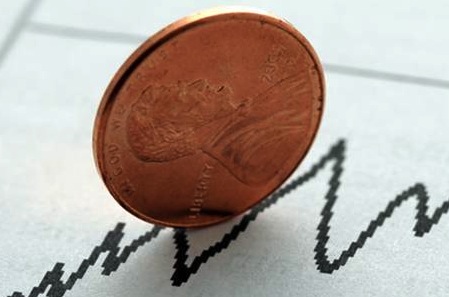In the event you invest in penny stocks


Novice investors often look at a stock price and see the need for the company-a stock priced at $100 appears like it’s more costly than the usual stock priced at $10. In the end, you are able to double your hard earned money if the stock at $10 goes to $20 only gain ten percent if the stock at $100 would go to $110. Isn’t that how successful investors made their fortunes? Betting on the right stocks then watching them double, triple, or quadruple their money overnight?
Buying Penny Stocks
Sometimes this desire to have an excellent stock bargain leads investors (especially beginners!) into penny stocks, also called micro caps, smallcap stocks, or stocks on the pink sheets. A regular priced under $5 per share has nowhere to visit but up, right? It won’t take much movement within the stock’s price to make a lot of money, right? Besides, having a stock that cheap, you surely have several options, right? All you have to do is find small cap stocks which will exponentially increase in value!
How might a skilled value investor think about this? First, you need to know very well what a penny stock is and why it’s cheap.
What is really a Penny stock investing?
By popular definition, anything stock is really a stock at a price just one dollar per share. If you were to define a penny stock in terminology, it’s a regular which meets certain regulatory requirements less stringent than stocks traded on the major exchange like the NYSE or the NASDAQ. Quite simply, if Coca-Cola’s stock price dropped to $4.99, it wouldn’t necessarily be a penny stock investing, and if Google’s stock price dipped to $0.99, it wouldn’t be a penny stock investing either.
Why might anything stock ‘t be on the major exchange? The organization behind the stock is risky! It might be a really small company, not worth greatly money. It might have wild swings in its stock price. It may be a risky company in a very risky business. It could have loads of debt, or it could have huge tax liabilities.
You might also hear small cap stocks referred to as micro-caps, which refers back to the relatively small worth of the company. For instance, a penny stock might sell for $0.50 a share with two million shares outstanding. The organization has a market capitalization (share price multiplied through the number of outstanding shares) of just a million dollars-tiny compared to a big company like Apple or Ford, and tiny compared to a normal sized company like Corning.
